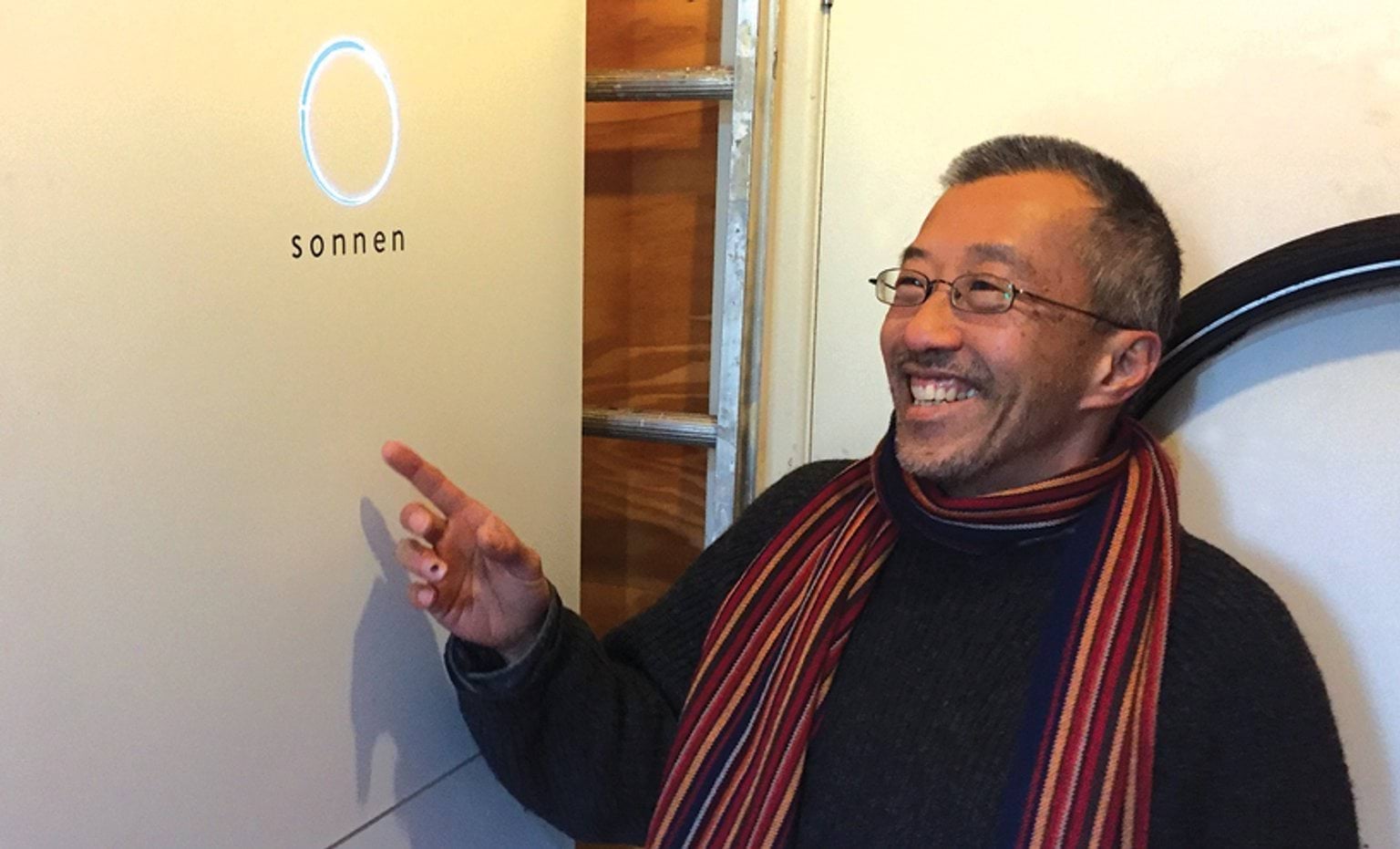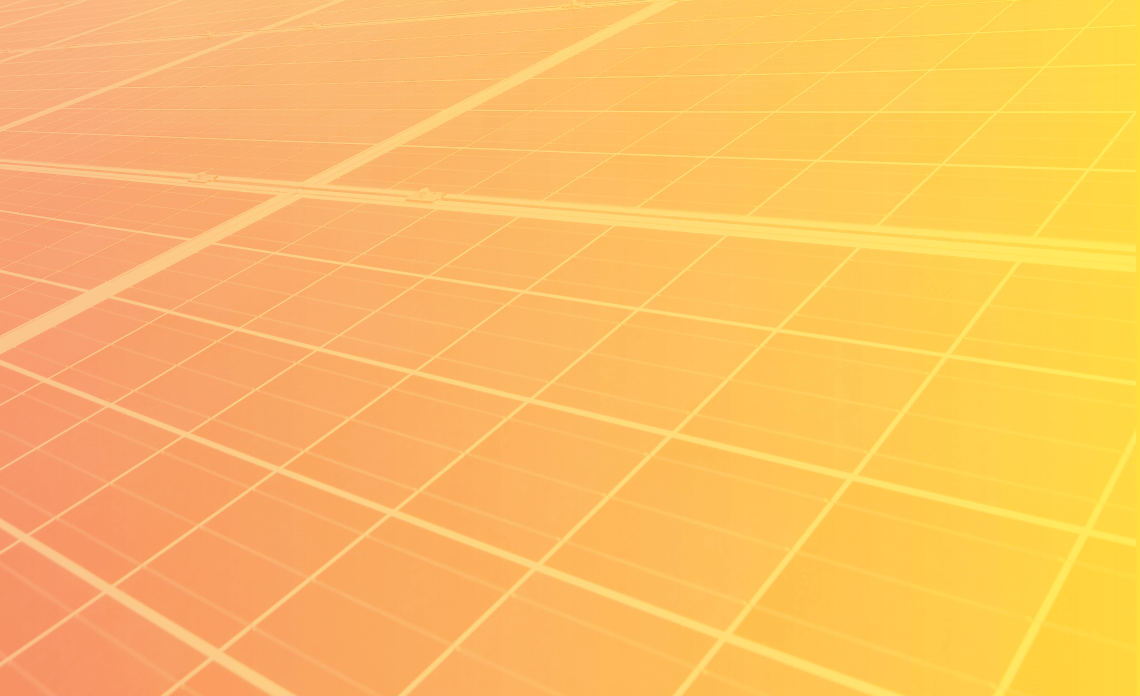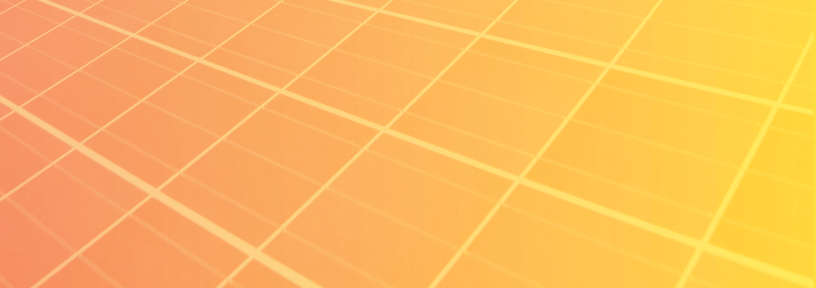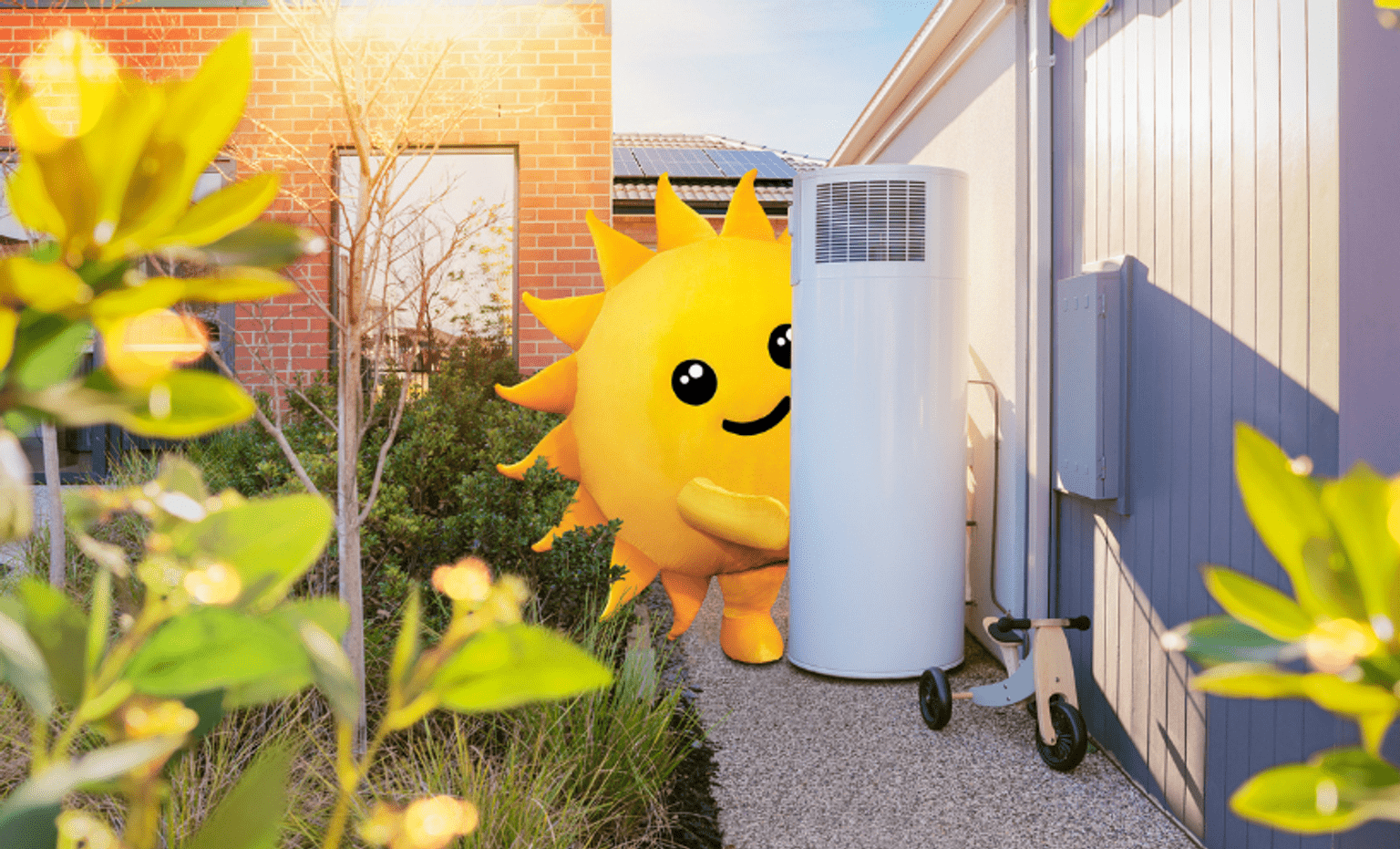Are batteries a good investment for you right now?
Batteries can be relatively expensive when compared to the energy bill savings they can deliver.
It is worth considering your own energy usage patterns to determine if a battery can be beneficial for you. Renew modelled the payback time on battery systems installed with a new solar PV system, or retrofitted to existing solar PV systems, for households at home more often throughout the day and households that use a smaller amount of electricity mostly later in the day.
The modelling shows that payback time within the recommended 10-year warranty period for a battery can be hard to achieve without careful consideration to the system sizing. For example, a small 8kWh battery system on a 5kW solar PV system has a much quicker payback time than other sizing configurations, using a solar battery loan.
- Battery size – the payback time is generally quicker for a small battery than a big one, although small batteries can often cost more per unit of energy stored.
- New solar and battery – ideally a battery will pay for itself within around 10 years, approximately the lifetime of some of the system components.
- Existing solar – currently, the best cases for retrofits are for high-consumption houses with large solar systems and higher, Time of Use (ToU) tariffs.
- New solar – a new, correctly-sized, rooftop solar system without a battery currently pays for itself sooner than one with a battery.
- Financials – payback times are longer for battery storage however they are decreasing, making the case for batteries increasingly popular.
- Retail energy tariff – a Time of Use tariff for purchasing energy from the grid is better than a flat tariff for solar with or without a battery, often accelerating payback by a year or two. To find the best energy tariff for you visit Victorian Energy Compare.
Always work out whether or not any proposed battery system is a good investment before signing a contract with a retailer, and use Renew’s simple online calculator to help assess the economics for your situation.

Off-grid vs. grid connection
Find out the difference between off-grid and grid-connect solar battery systems, and how both systems can help you be more independent of the electricity grid.
I’m not ready for a battery system just yet, what else can I do?
There are other ways to get more out of your solar if a battery system isn’t for you at the moment.
While a battery allows you to store your solar energy for use at a later time, if you can shift some of your biggest electricity usage to the middle of the day, you can make much better use of the solar energy you generate without the need for a battery.
A good example of this is to use a heat pump hot water system (or even a traditional resistive electric storage hot water system, if you have a lot of excess solar), and use a timer to run it in the middle of the day. This allows the hot water system to store the excess solar energy in the form of hot water—effectively making your water heater a form of battery.
The same applies to other loads, such as a heat pump hydronic heating system, which can store solar electricity as heat in a large water tank for use in the evening. Or you can simply shift other loads such as washing machine and dishwasher use to the middle of the day.
While the latter isn’t a form of energy storage, it does make effective use of solar electricity at the time of generation, reducing the need for battery storage. Many appliances have in-built timers making it easier to shift run-times without the need for additional timers.
Updated



